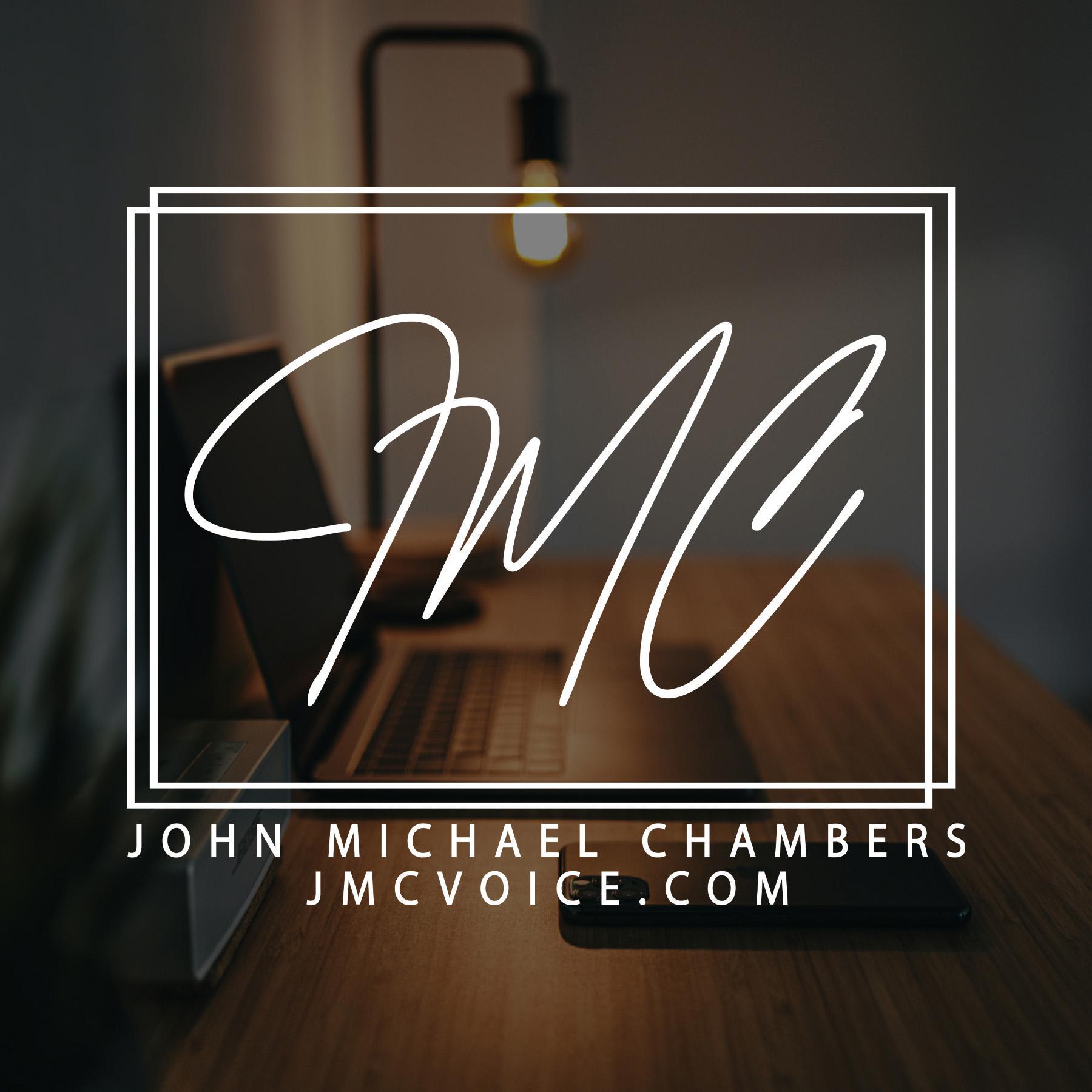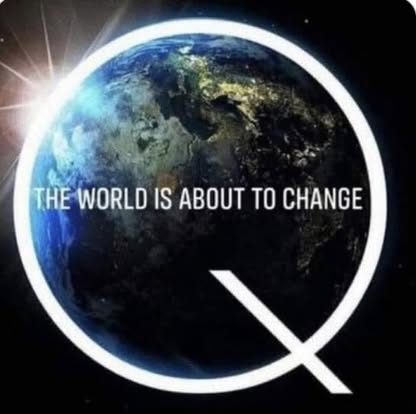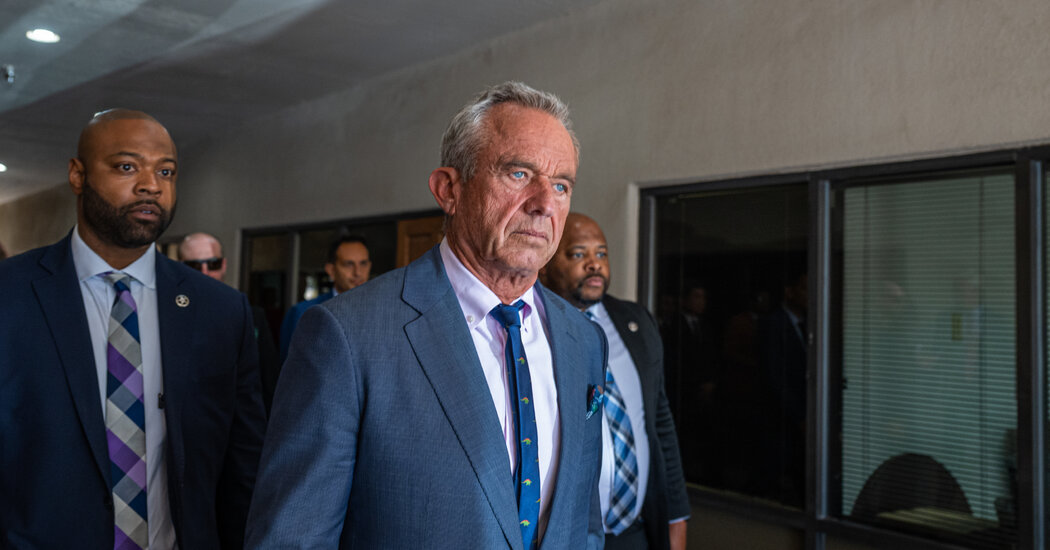
Kennedy may be wrong about vaccines, autism, sunscreen, and raw milk, but his ability to tap into ambient feelings of rage and powerlessness has been remarkable. His rise is the result of his willingness — even when he’s been dangerously wrong — to recognize Americans’ fears about their health and the systems that maintain it.
Like its sister slogan “Make America Great Again,” Kennedy’s “Make America Healthy Again” conveys nostalgia, along with an anger that Democrats and liberals have failed to address. Beyond Kennedy’s storied last name and tanned, muscular appearance, what appeals to many people is his promise that he, like Trump, will “fix it.”
Mainstream liberals, by contrast, have refused to even acknowledge the longing for a “fix.” The go-to liberal approach of consciousness-raising — the messaging equivalent of those lawn signs that say “In this house, we believe science is real” — is not going to cut it. To regain power, liberals must admit that a great many people see America’s health system as irretrievably broken.
What, exactly, does Kennedy propose to “fix”? Public health-wise, America is doing a lot of things right, from the fluoridation of water that has prevented millions of painful cavities to widespread childhood vaccination that has wiped out once-routine epidemics of such deadly illnesses as polio. The American scientific establishment, with its deep pockets and cutting-edge medical research, has been the envy of the world (at least, before the so-called Department of Government Efficiency).
But then there’s people’s everyday experience. Substances banned in other developed nations, from Red Dye No. 40 to PFAS, are found throughout our food and water supplies. Our bodies are awash in microplastics. Our for-profit health care system means that people who need to see a doctor often can’t do so — and, if they can, they may find their medications unaffordable or their treatment plans denied by insurance companies or in conflict with America’s notoriously grueling work schedules.
Meanwhile, the wellness industry has long capitalized on people’s anxieties. Can’t afford glasses? “Holistic” healers claim women don’t need them. Don’t know what foods are best for you? Health influencers are just a click away, touting all-meat diets or warning against the dangers of seed oils. What these get-well gurus lack in qualifications, they make up for in charisma — and the more medical authorities speak out against them, the more viral they seem to go.
Kennedy, who exudes the kind of authenticity that plays well on social media, is an icon of an emerging cultural wave that combines the crunchy wellness movement with right-wing conspiracy theories. He has skillfully positioned himself as a maverick truth-teller exposing the machinations of Big Pharma. He has cultivated the persona of a citizen scientist “doing his own research” and “just asking questions.” And his message resonates not because it’s truthful, but because it speaks to real fears: the rising costs of health care, the ubiquity of “forever chemicals” in our food and water, and a general sense that the institutions meant to protect us are failing.
One standard liberal response to figures like Kennedy has been fact-checking. That tactic won’t change anyone’s mind. When Kennedy invokes “clean foods” or proposes sunshine as a panacea, he’s spreading misinformation — but he’s also speaking to widespread nostalgia for a simpler, less scary time. Even as he validates the feeling that something has gone deeply wrong with modern life, he proposes remedies that return his listeners to childhood — to those eternal-feeling summers when all it took to feel OK was a sunny day and some ice cream. At the same time, his “health freedom” agenda aligns with Project 2025, which stresses the need for the US Department of Health and Human Services to pursue such goals as “empowering patient choices.”
Ultimately, to combat Kennedy, the liberal establishment must recognize that his popularity reflects a genuine crisis of trust.
America is famous for its rugged individualism, but for every Marlboro Man there is a Cliven Bundy, lost in a world of his own making. As society becomes more and more atomized, many feel as if they are increasingly on their own. Before Americans can become receptive to advice from “experts,” those “experts” must acknowledge the precarity and desperation so many feel.
Liberals must relearn the art of emotional resonance with ordinary people, which means acknowledging their suffering without judgment. Policy proposals must commit to real change that makes health care more accessible and affordable. Like Bill Clinton, liberals have to convince voters that they “feel your pain” — and then do something about it. Above all, liberals must stop saying that everything is fine to people who clearly feel it’s not.
If liberals wish ever to regain political power, in short, they need to shed their reputation for being out of touch. They must acknowledge that the Trump-era Republican Party and Kennedy’s ascension are mere symptoms of America’s malaise.
Kennedy’s post as HHS secretary should be a wake-up call. It reflects a profound disconnect between institutional messaging and the public’s lived experience. Actually making America healthy again starts with addressing that gap.






